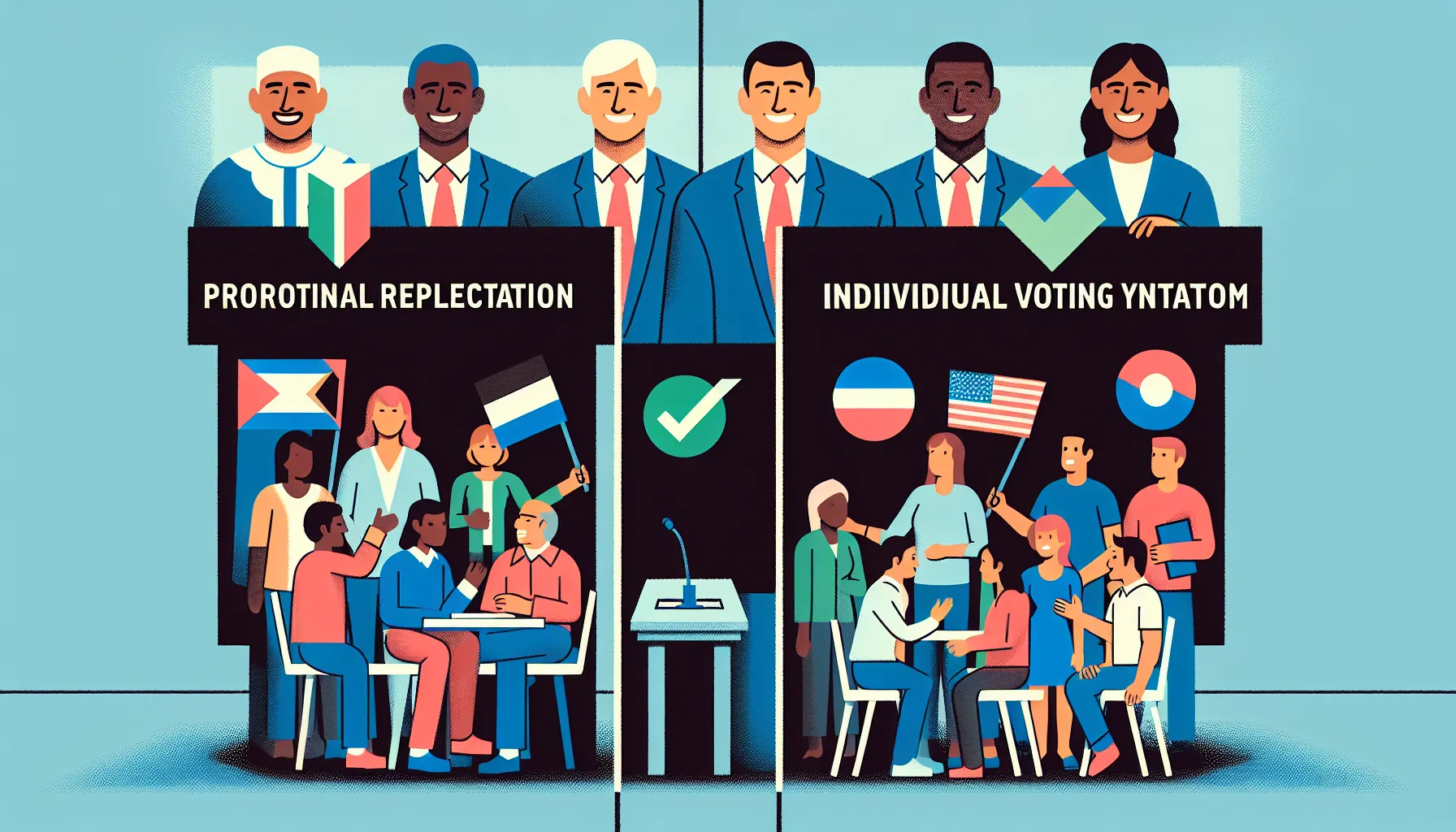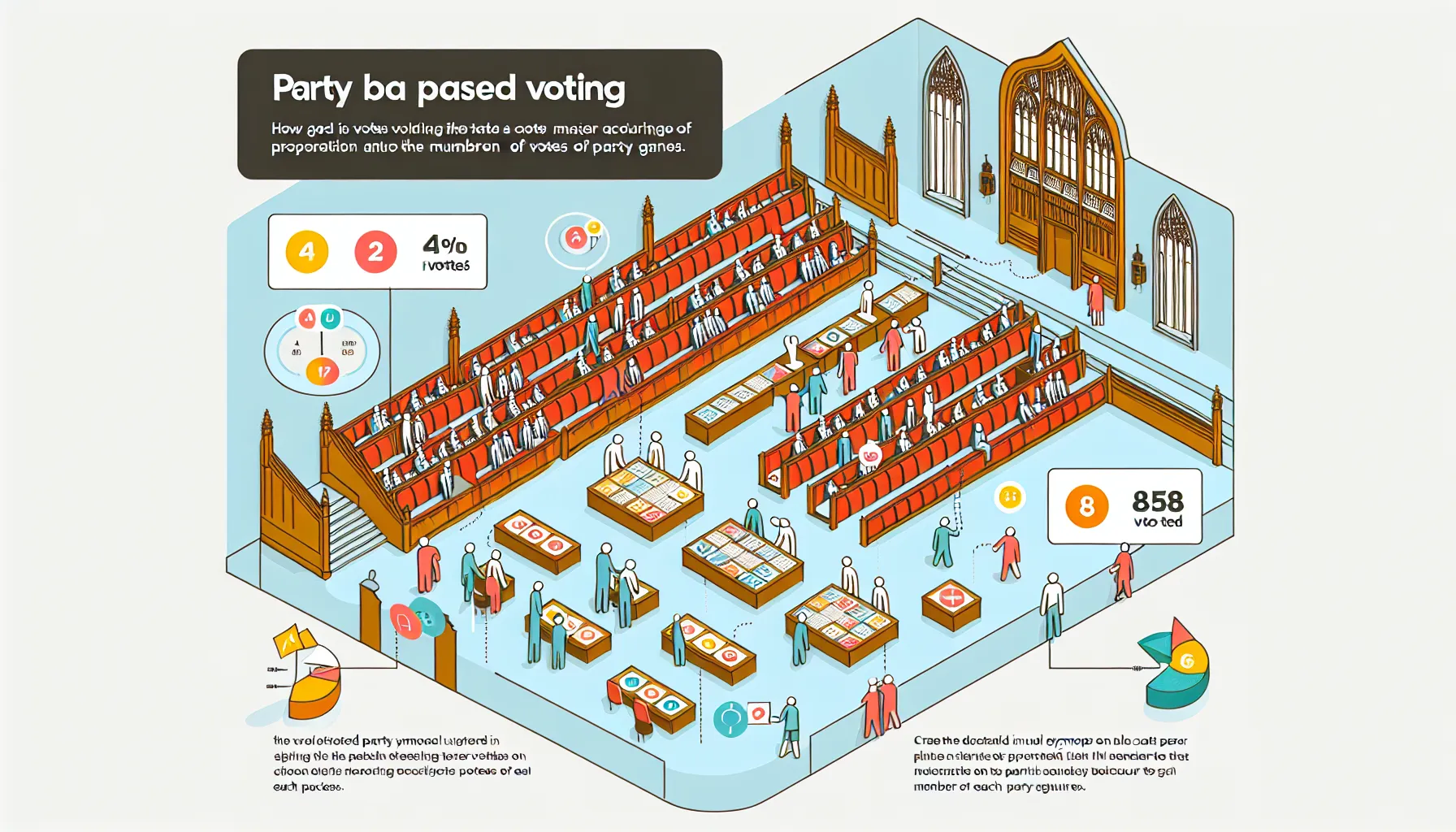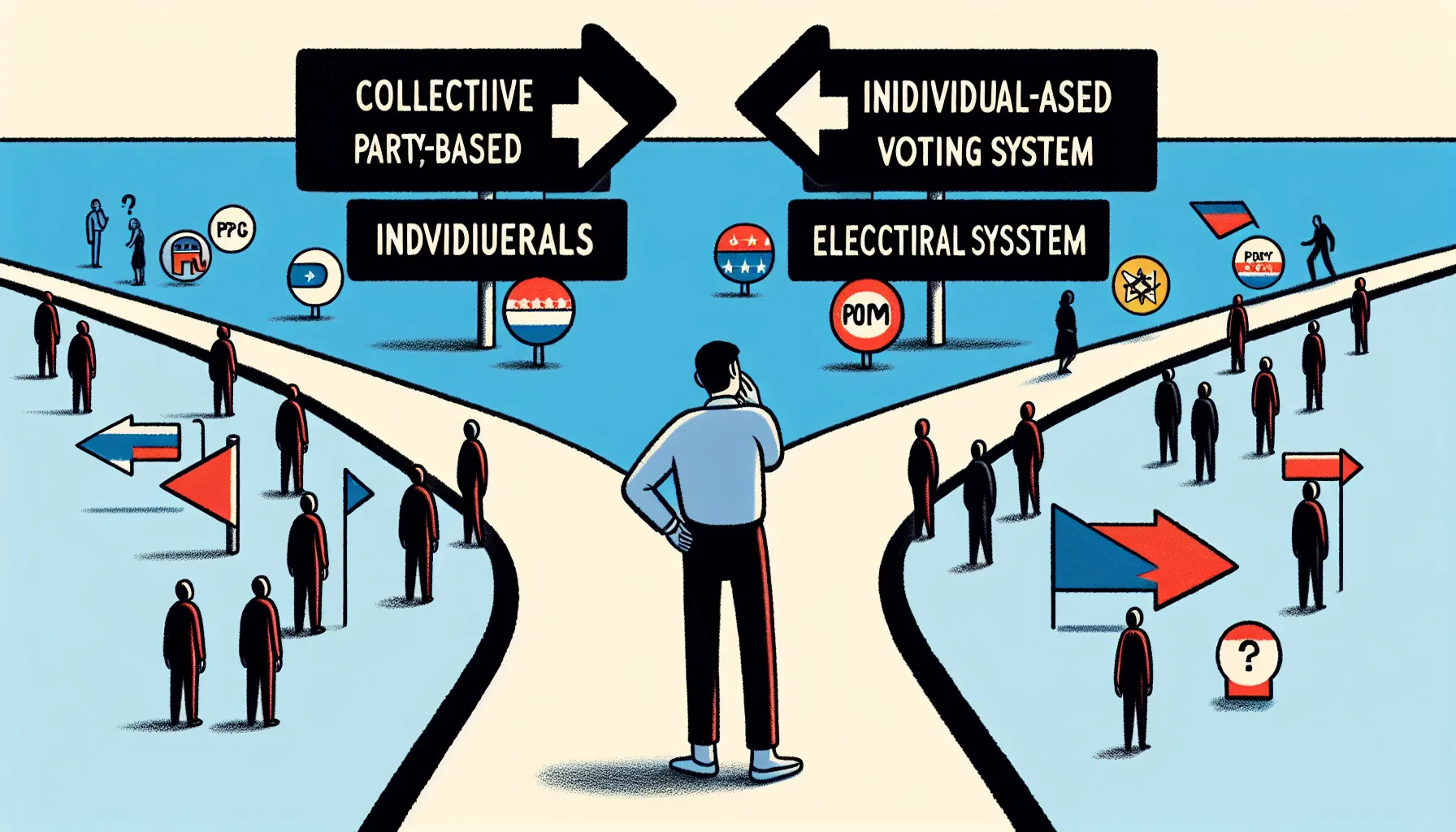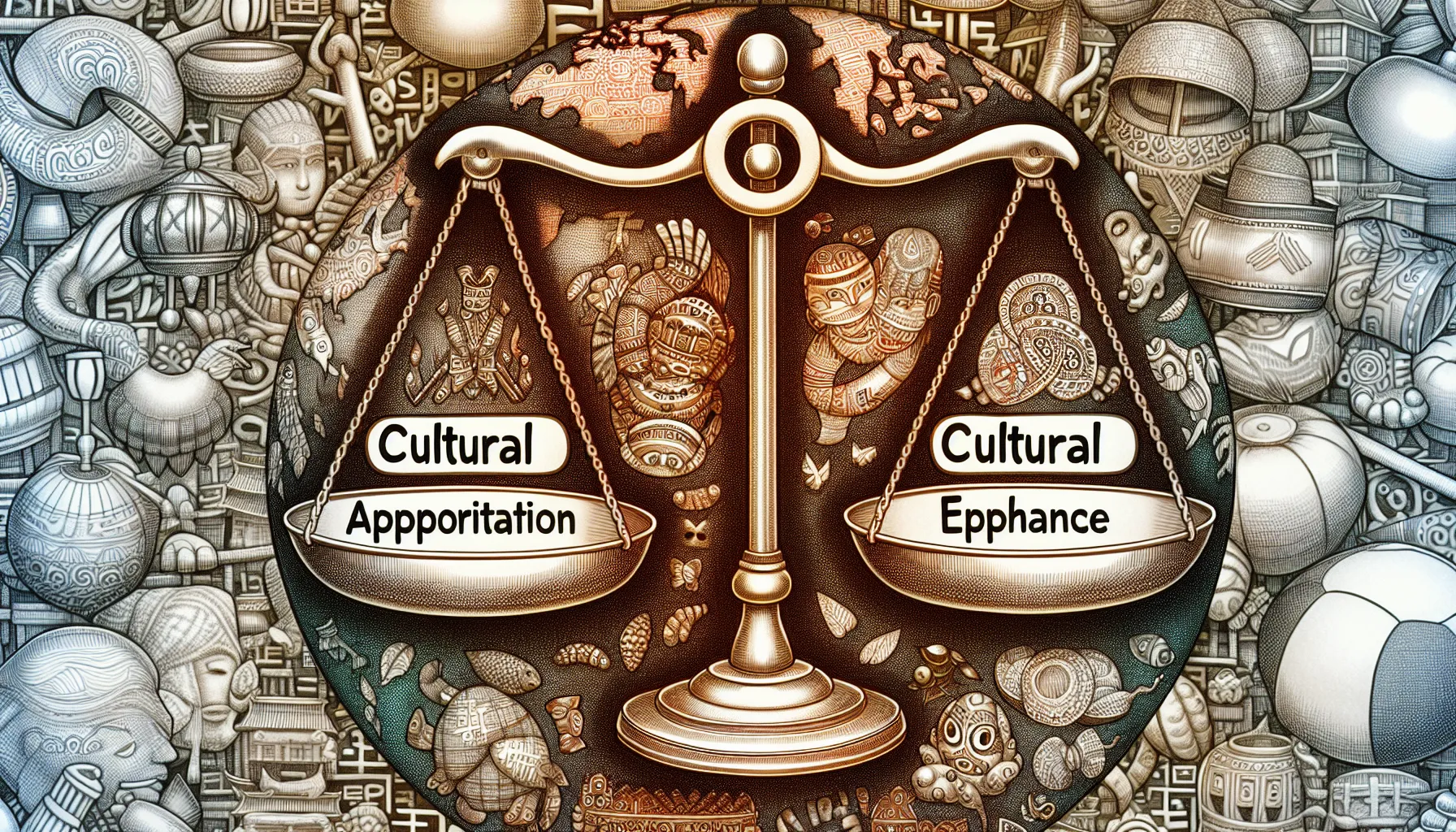The topic of proportional representation in elections is a recurring theme in IELTS Writing Task 2 essays. Based on analysis of past exams and current global political trends, this subject is likely to appear frequently in future tests. Let’s examine a relevant question that has appeared in recent IELTS exams:
Nội dung bài viết
Some people think that in elections, people should vote for a political party rather than an individual politician to represent them in government. To what extent do you agree or disagree?
Analyzing the Question
This question addresses the core concept of proportional representation versus individual candidate-based voting systems. It requires candidates to consider the advantages and disadvantages of party-list voting compared to single-member constituency systems. A strong response should:
- Clearly state your position on the issue
- Provide balanced arguments for both sides
- Support your points with relevant examples
- Conclude by reinforcing your main stance
Sample Essay 1 (Band 8-9)
In many democratic nations, there is an ongoing debate about the most effective voting system for electing government representatives. While some advocate for a party-based approach, I believe that voting for individual politicians is generally more beneficial for ensuring accountable and responsive governance.
Proponents of party-based voting argue that it leads to more proportional representation and a focus on broader policy platforms rather than personality politics. In countries like the Netherlands, where voters choose parties rather than individuals, the resulting parliament more closely reflects the diverse political views of the electorate. This system can also encourage parties to develop comprehensive policy agendas rather than relying on the charisma of individual candidates.
However, I contend that individual-based voting offers several crucial advantages. Firstly, it creates a direct link between constituents and their representatives, fostering greater accountability. When voters can identify and communicate with a specific politician representing their area, it becomes easier to voice concerns and hold that person responsible for their actions and decisions. This personal connection is often lost in purely party-based systems.
Moreover, individual-based voting allows for more nuanced representation of local interests. A politician familiar with the specific needs of their constituency can advocate more effectively for those issues in government, even if it sometimes means diverging from strict party lines. This flexibility is particularly important in geographically and culturally diverse nations.
Additionally, the ability to vote for individuals can lead to higher quality candidates overall. Politicians must earn the trust and support of their constituents directly, rather than relying solely on party affiliation. This can incentivize them to be more engaged with local issues and maintain higher ethical standards, knowing that their personal reputation is at stake.
In conclusion, while party-based voting has some merits in terms of proportional representation, I believe the benefits of individual-based voting outweigh these advantages. The increased accountability, local representation, and incentives for high-quality candidates make individual voting a superior system for most democratic nations. However, hybrid systems that incorporate elements of both approaches may offer a balanced solution in some contexts.
 Proportional Representation vs Individual Voting
Proportional Representation vs Individual Voting
Sample Essay 2 (Band 6-7)
The question of whether people should vote for political parties or individual politicians in elections is a complex issue. While both systems have their pros and cons, I tend to agree that voting for political parties can be more beneficial in many cases.
One of the main advantages of voting for parties is that it can lead to a more diverse and representative government. When people vote for parties, seats are often allocated based on the percentage of votes each party receives. This means that smaller parties and minority views have a better chance of being represented in government. For example, in countries like Germany that use a party-list system, the parliament includes a wide range of political perspectives.
Another benefit of party-based voting is that it focuses on policies rather than personalities. When voters choose a party, they are supporting a set of ideas and plans for governing, rather than being swayed by the charisma or personal appeal of individual candidates. This can lead to more informed decision-making based on actual policy preferences.
However, there are also some drawbacks to party-based voting. One concern is that it can reduce the accountability of individual politicians to their constituents. When people vote for a party rather than a specific person, there may be less of a direct connection between voters and their representatives. This could make it harder for citizens to voice their concerns or hold politicians responsible for their actions.
Additionally, party-based systems might not always reflect local interests as effectively. In some cases, individual politicians may be better equipped to understand and advocate for the specific needs of their local area, which could be overlooked in a purely party-focused approach.
In conclusion, while there are valid arguments on both sides, I believe that voting for political parties can offer more advantages in terms of representation and policy-focused decision-making. However, the best system may depend on the specific context and needs of each country. A combination of party-based and individual voting elements could potentially provide a balanced approach in many democratic nations.
 Party-based Voting System
Party-based Voting System
Sample Essay 3 (Band 5-6)
The topic of voting for political parties or individual politicians is very important for elections. There are good things and bad things about both ways of voting. I think voting for parties is better most of the time.
One good thing about voting for parties is that it can make the government more fair. When people vote for parties, small parties can also get some seats in the government. This means more different ideas can be heard. For example, in some European countries, there are many parties in the government, not just two or three big ones.
Another good point is that party voting makes people think about ideas, not just who they like. When you vote for a party, you are choosing what plans you want for the country. This is better than just voting for someone because they look nice or talk well on TV.
But there are also some problems with voting for parties. Sometimes it can make it hard for people to talk to their representatives. If you don’t know who exactly is representing you, it’s not easy to tell them what you think or ask for help.
Also, when people vote for parties, they might not get someone who really knows about their local area. An individual politician might understand better what their town or city needs.
In conclusion, I think voting for parties is usually better because it’s more fair and makes people think about important ideas. But it’s also good to have some way for people to know and talk to their representatives. Maybe countries could try to use both ways of voting together to get the best results.
 Voter Choosing Between Party and Individual
Voter Choosing Between Party and Individual
Explanation of Band Scores
Band 8-9 Essay:
- Clear position and well-developed arguments
- Sophisticated vocabulary: “proportional representation”, “constituent”, “nuanced”
- Complex sentence structures
- Coherent paragraphs with clear topic sentences
- Relevant examples and thorough explanations
- Strong conclusion reinforcing the main argument
Band 6-7 Essay:
- Generally clear position with some development of ideas
- Some good vocabulary: “diverse”, “charisma”, “accountability”
- Mix of simple and complex sentences
- Paragraphs are mostly coherent
- Some examples provided, but less specific than Band 8-9
- Conclusion summarizes main points
Band 5-6 Essay:
- Basic position stated with simple arguments
- Limited vocabulary range, some repetition
- Mostly simple sentences with occasional errors
- Basic paragraph structure
- Few specific examples
- Simple conclusion restating the main idea
Key Vocabulary to Remember
- Proportional representation (noun) – /prəˈpɔːʃənl reprɪzenˈteɪʃn/ – A voting system where parties gain seats in proportion to the number of votes cast for them
- Constituency (noun) – /kənˈstɪtjuənsi/ – A group of voters in a specified area who elect a representative to a legislative body
- Accountability (noun) – /əˌkaʊntəˈbɪləti/ – The fact or condition of being accountable; responsibility
- Nuanced (adjective) – /ˈnjuːɑːnst/ – Characterized by subtle shades of meaning or expression
- Advocate (verb) – /ˈædvəkeɪt/ – Publicly recommend or support
- Incentivize (verb) – /ɪnˈsentɪvaɪz/ – Motivate or encourage (someone) to do something
- Charisma (noun) – /kəˈrɪzmə/ – Compelling attractiveness or charm that can inspire devotion in others
- Diverse (adjective) – /daɪˈvɜːs/ – Showing a great deal of variety; very different
In conclusion, the topic of proportional representation and voting systems is likely to remain relevant in IELTS Writing Task 2. Candidates should be prepared to discuss the advantages and disadvantages of different electoral systems, considering factors such as representation, accountability, and policy focus. To practice, try writing your own essay on this topic or related questions like “Should voting be mandatory in democratic countries?” or “Do referendums strengthen or weaken democracy?” Share your practice essays in the comments section for feedback and discussion with other learners.


